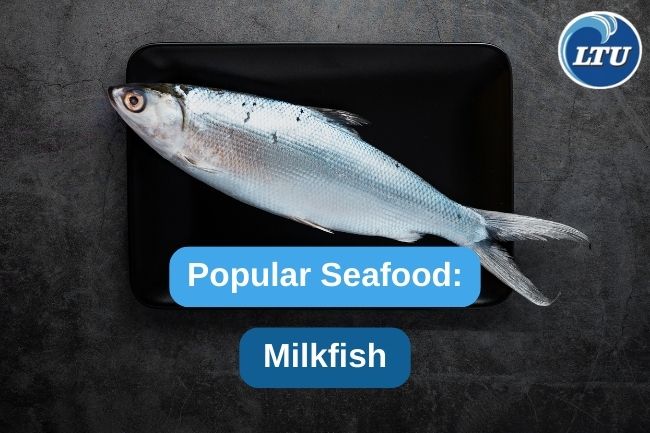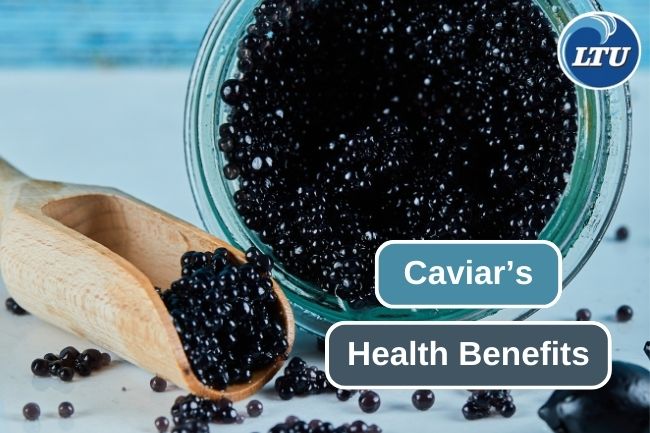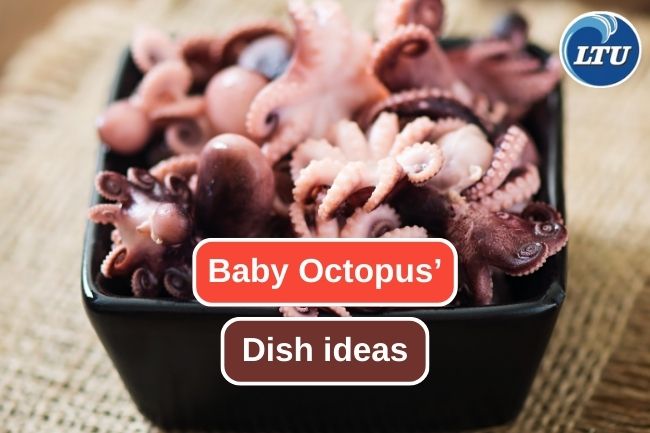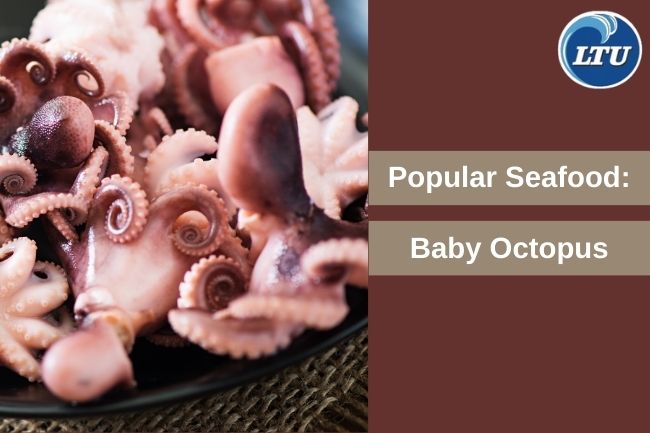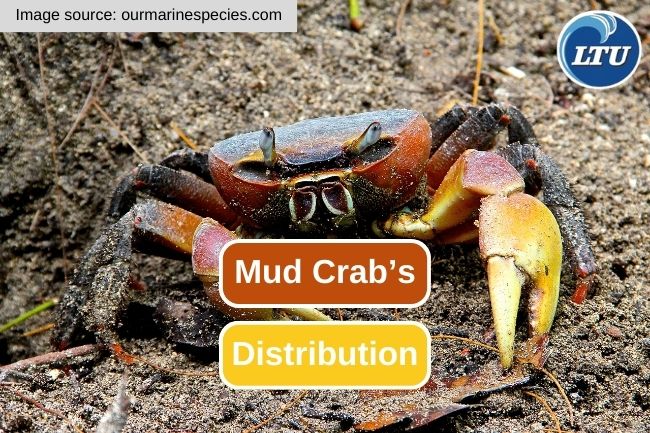You Should Think Of This Before Using Fish Scraps As Compost
By. Nevanda - 13 Apr 2023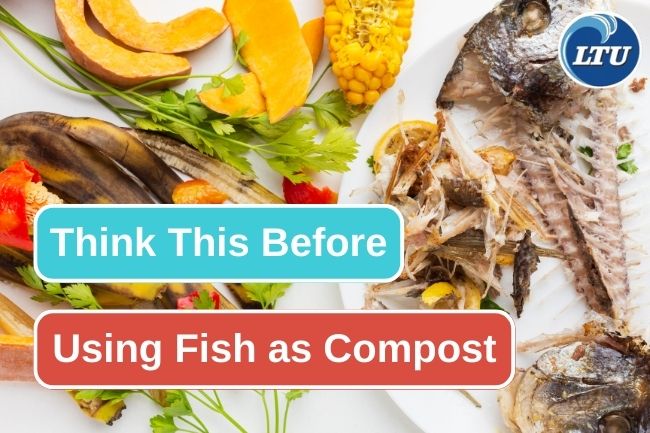
lauttimur.com - Fish scraps can provide many good benefits to soil and plants, but there can be some very dangerous results if it is not handled prudently. Here are the pros and cons of fish scraps for the home gardener.
Here are some ways that fish scraps can improve your soil and help your plants grow.
- Soil Building, As the fish scraps decompose, they will break down and build the soil by adding rich organic matter.
- Nitrogen, Decomposing fish will provide nitrogen for your growing plants, which is important for healthy plant growth.
- Other Nutrients, The fish scraps will also add lots of other nutrients such as iron, zinc, calcium, and potassium. Bear in mind, however, that these are not necessarily in a form that is readily available to plants and there has not been very much research into exactly which nutrients fish scraps provide the plants.
- Reduce Waste, Using fish scraps in your garden means that those pieces of ‘garbage’ and offal won’t end up in the landfill. It is also better to fertilize your plants with it rather than dumping them back into the water.
Read also: Here Are 4 Fish Parts To Make Great Compost
Despite its advantages and long-standing history, using fish scraps in the garden should be done with care as there are several problems that can arise.
Here are some of the dangers of using fish waste in your garden:
- Pathogens, Raw fish can be full of harmful bacteria, like salmonella and listeria. Many of these pathogens can stay in the soil and contaminate any crops grown there.
- Parasites, Raw fish has been known to carry parasites that are very bad for humans. If infected fish is buried in the soil, many of these parasites can remain behind, thereby infecting your soil and any future crops.
- Attracts Pests, Many animals love to eat fish, including possums, rats, raccoons, skunks, bears, coyotes, and the neighbor’s dog or cat. Rotting fish in your garden can attract at least one of these critters unless it is buried deeply (and even then many animals will dig for it), which can be a health or safety hazard for the gardener. There are also many flesh-eating insects that will be drawn to fish at the expense of beneficial bugs in your garden.
- Heavy Metals, No amount of heating or decomposition will remove heavy metals from the fish, and these will then make their way into our soil and ultimately into our food. Almost all fish contains mercury at some level.
- Unpleasant Odor, Most people, especially your neighbors, will say that fish stinks. Especially fish left out to intentionally rot.Fish scraps can provide many good benefits to soil and plants, but there can be some very dangerous results if it is not handled prudently. Here are the pros and cons of fish scraps for the home gardener.
Read also: 8 Steps to Make Your Fish Waste Into Compost

